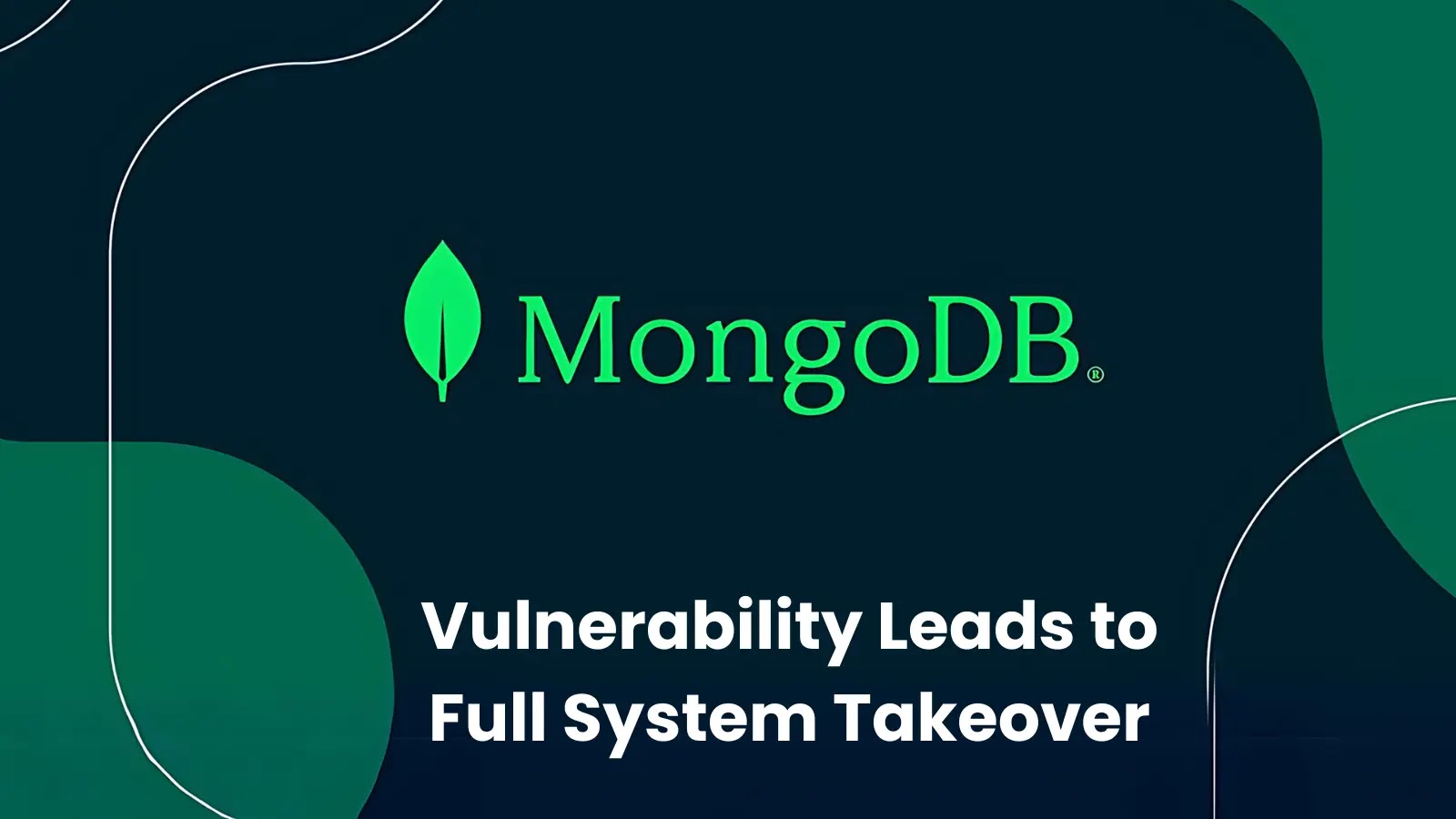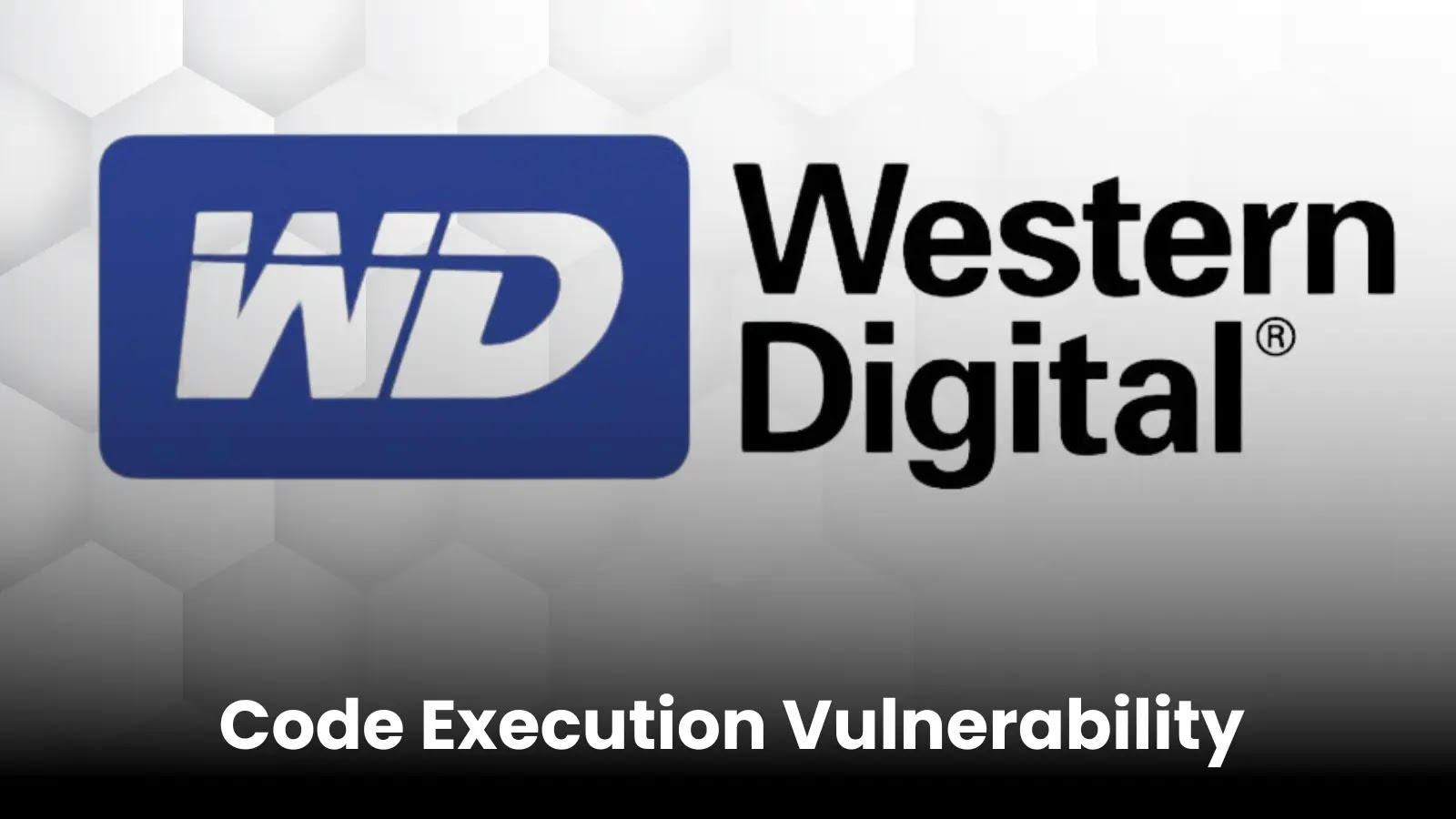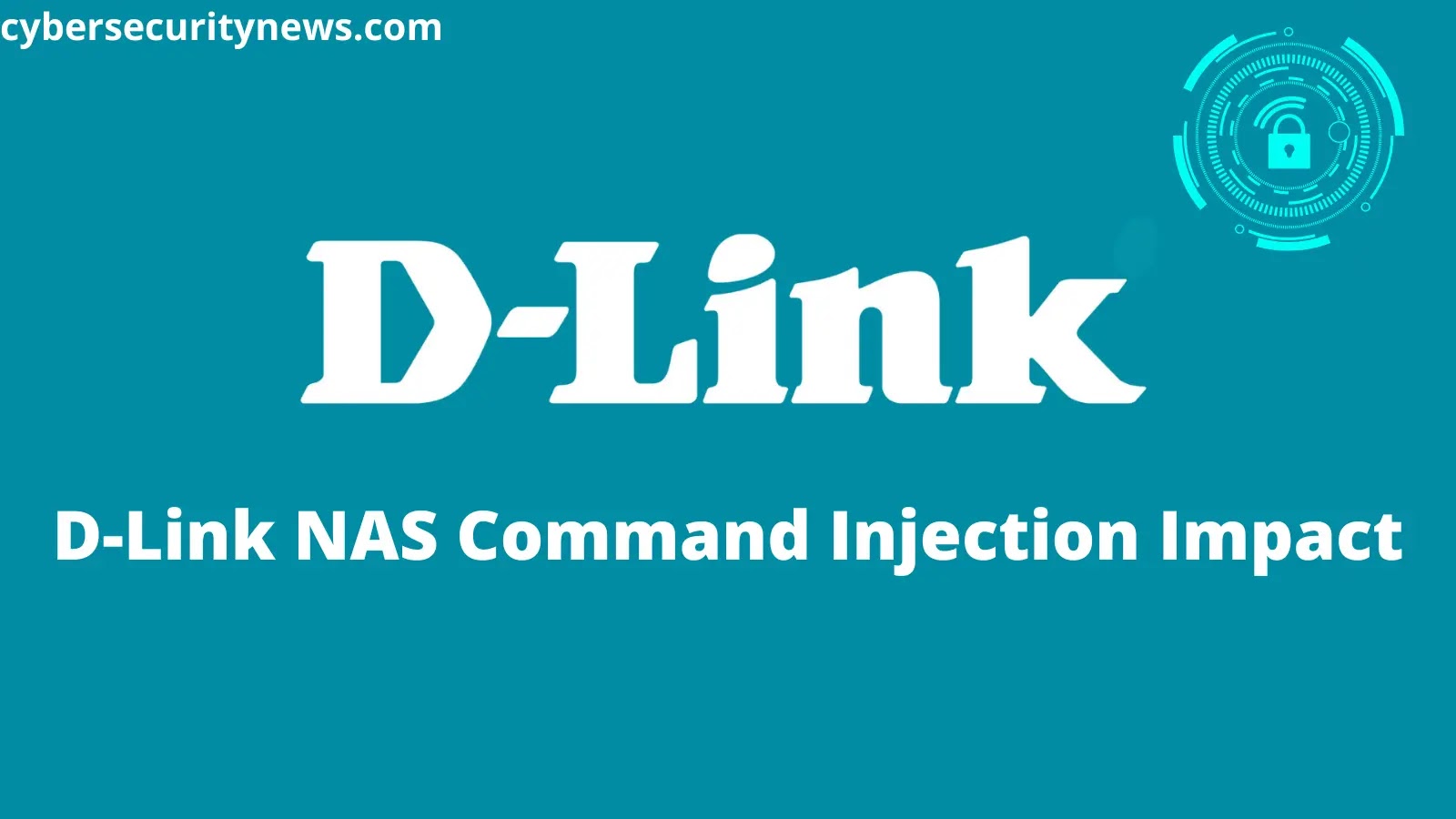A critical vulnerability, identified as CVE-2024-7553, has been discovered in MongoDB. It could potentially allow attackers to take complete control of Windows systems.
This vulnerability arises from incorrect validation of files loaded from a local untrusted directory, which can lead to local privilege escalation on Windows operating systems. The flaw affects several versions of MongoDB Server, C Driver, and PHP Driver.
Are you from SOC and DFIR Teams? Analyse Malware Incidents & get live Access with ANY.RUN -> Get 14 Days Free Access
Details of the Vulnerability
The vulnerability, which has a CVSS score of 7.3, is classified under CWE-284: Improper Access Control. It affects the following versions:
MongoDB Server: Versions prior to 5.0.27, 6.0.16, 7.0.12, and 7.3.3
MongoDB C Driver: Versions prior to 1.26.2
MongoDB PHP Driver: Versions prior to 1.18.1
The issue is specific to environments running on Windows. Incorrect validation of files from an untrusted directory can allow an attacker to execute arbitrary behavior determined by their contents, potentially leading to unauthorized control over the affected systems.
Exploiting this vulnerability requires low privileges and user interaction, which poses a significant risk to the confidentiality, integrity, and availability of affected systems. Attackers could use this flaw to escalate their privileges and execute arbitrary code, potentially taking full control of the system.
To mitigate the risk posed by CVE-2024-7553, it is strongly recommended that users update to the latest patched versions of MongoDB Server, C Driver, and PHP Driver. These updates address the vulnerability by properly validating files loaded from untrusted directories.
Organizations using affected MongoDB versions should prioritize these updates as part of their security maintenance procedures to prevent potential exploitation.
MongoDB vulnerabilities can expose your systems to several significant risks, which can have severe consequences for your organization. Users are urged to take immediate action to protect their systems from potential attacks exploiting this vulnerability.
Download Free Cybersecurity Planning Checklist for SME Leaders (PDF) – Free Download



